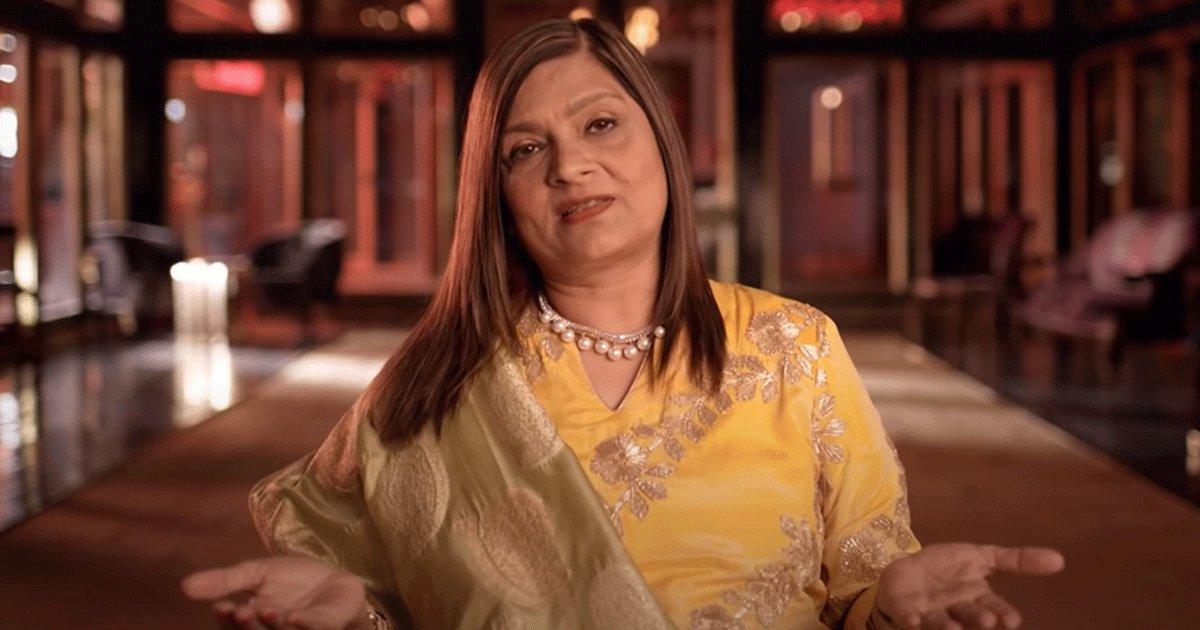‘Opposites attract’ is one of the dating cliches that has been there with us since we read our first ever Nicholas Sparks novel, because that’s what works, right? Turns out that science has a better understanding than all such love mongers combined.
A study done at the University of Kansas and Wellesley College has found that the phrase ‘opposites attract’ is pretty much only applicable to magnets.

Regarding the myth of associating the phrase ‘opposites attract’ to human relationships, Angela Bahns, Professor of Psychology at Wellesly College said to The Telegraph–
“Picture two strangers striking up a conversation on a plane, or a couple on a blind date. From the very first moments of awkward banter, how similar the two people are is immediately and powerfully playing a role in future interactions. Will they connect? Or walk away? Those early recognitions of similarity are really consequential in that decision.”
Not just that, the research also showed that people who share the same interests and thoughts apparently get attracted to each other.

Chris Crandall, Professor of Psychology at the University of Kansas explained this –
You try to create a social world where you’re comfortable, where you succeed, where you have people you can trust and with whom you can cooperate to meet your goals. To create this, similarity is very useful, and people are attracted to it most of the time. But getting along with people who aren’t like you is really useful. Friends are for comfort, taking it easy, relaxing, not being challenged — and those are good things. But you can’t have only that need. You also need new ideas, people to correct you when you’re loony.”
In simpler words, we tend to like people who are like us and the more we have in common, the more we get to understand each other better. However, if that isn’t the case, people with dissimilar interests can prove to be very useful to each other, opening themselves to new ventures.































